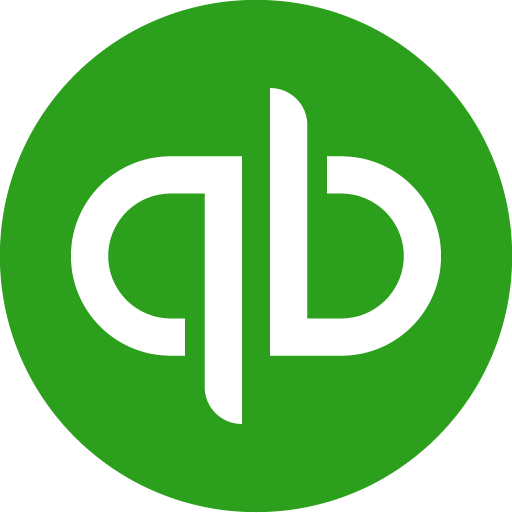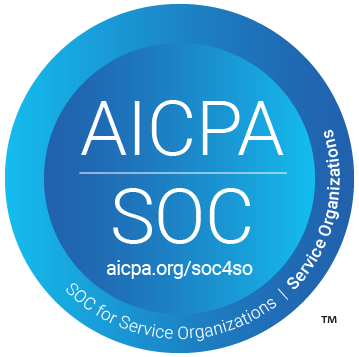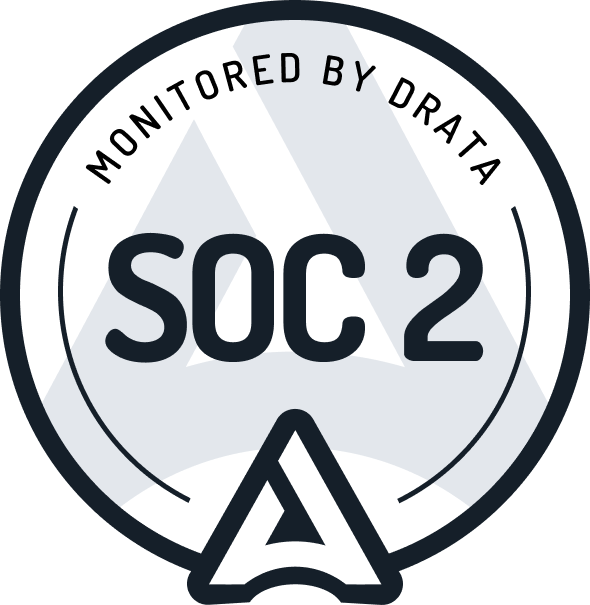Even if you’ve never had anything to do with accounting or business finance, you probably know that all businesses have income and expenses.
However, those things are further broken down into different types of income and expenses so that it’s easier for your bookkeeper, accountant and even estimators and salespeople to keep track of everything.
One of the important subcategories of expenses is variable expenses. Like other expenses, they need to be recorded in your accounting system, and you need to know what they are when you are pricing products and services so that you can calculate costs accurately.
Here’s what you need to know about what variable expenses are, a variable expenses definition, and why variable expenses are the opposite of fixed expenses.
What are variable expenses?
The simplest variable expenses definition is that they are expenses you cannot predict and that change from one month to the next.
They are the opposite of fixed expenses because you can predict quite easily, from one month to the next, what your fixed expenses will be.
Often, variable expenses will increase proportionate to the number of orders you have, but that’s not always the case. So, it’s best to remember that variable expenses are any expenses your business has that change from month to month.
What is an example of variable expense?
A good example of variable expenses for your business would be fuel for your company vehicles. Even if your vehicles are financed, the repayment will be the same every month – so that’s a fixed expense.
However, the amount of money you spend on fuel for your vehicles will vary based on the distance your employees have to drive. So, it varies from month to month.
Other variable expenses include:
- Utilities
- Telephone and cell phone bills
- Office supplies and stationery
- Raw materials
- Commissions
- Delivery and freight costs
- Bank and credit card fees
- Packaging materials and supplies
All of these things (and many others) can vary significantly from month to month and aren’t always easy to predict.
If you have different types of employees who are paid differently, their labor costs could be fixed or variable too.
Employees who are paid a salary every month would be fixed expenses. No matter what happens in a month, you know that they are always going to earn the same salary.
Employees who are paid hourly wages, on the other hand, would be a variable expense because their labour costs would be based on how many hours they work, which would usually correlate with how busy your business is.
How variable expenses differ from fixed expenses?
Variable expenses are the opposite of fixed expenses because they change all the time.
Fixed expenses, like rent or a mortgage for your business premises, are predictable because they are the same every month. You always know ahead of time what you will be paying for those things.
Variable expenses differ from month to month, and they can’t always be predicted before you are billed.
Fixed expenses also stay the same no matter how much or how little you sell in a month. Variable expenses, on the other hand, often increase when you produce more and decrease when production and orders go down.
How to estimate variable expenses?
One of the challenges businesses face is that while they can’t always predict what variable expenses will be, they still have to include them in their pricing and estimating.
The best way to do this is to track previous months’ variable expenses.
While the exact values you will pay will fluctuate every month, you can calculate the average over time and use that as a budget figure in your price calculations. As long as you update this from time to time and include a little extra “wiggle room,” you should have these costs covered in your pricing.
Automatically Track Variable Expenses
One of the problems with variable expenses is that they’re always changing, which means if you want to have the latest data related to this kind of expense, you usually have to do a lot of manual calculations based on information in your accounting system.
That’s why we built LiveFlow and the invaluable Google Sheets Add-On. It allows you to automate and sync custom spreadsheets directly with your accounting software. Once linked, your spreadsheets will automatically update whenever your accounting software is updated.
So, it’s easy to view the latest variable expenses information for your company without having to do a deep dive into your accounting package. This is great for accountants because it makes reporting easier and more secure and for business managers because they don’t have to interpret complex accounting reports and figures.
If you’re interested in creating custom expense reports that present information like fixed and variable expenses in an easy-to-interpret way, we’d love to show you how it works. Reach out to our team and book a demo to see how LiveFlow can change the way you share accounting information.



.png)





